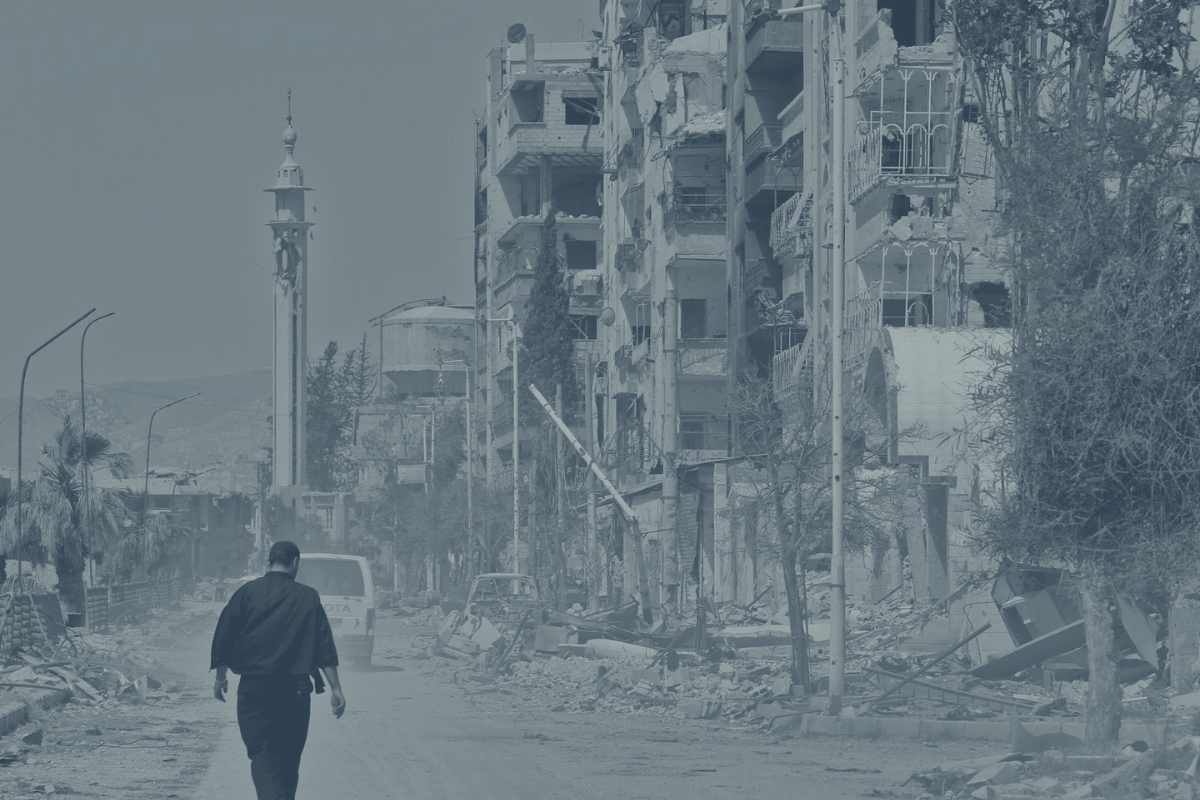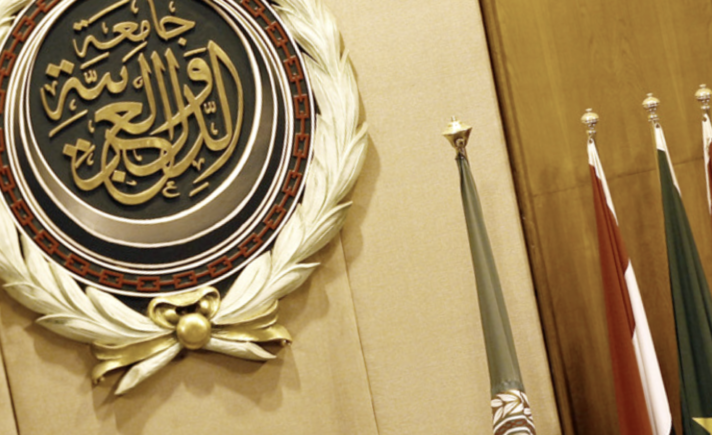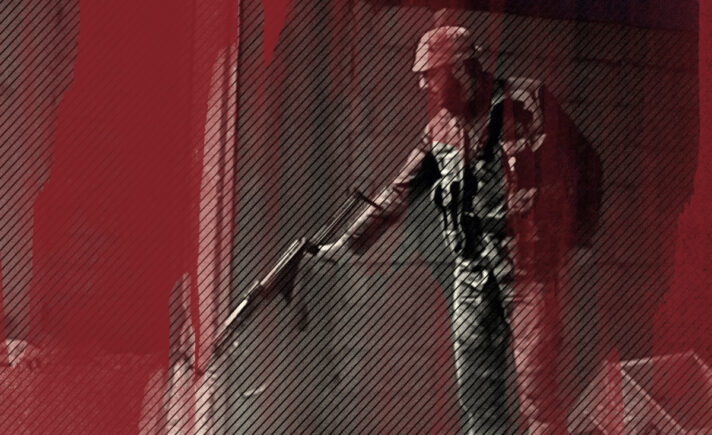The chemical massacre in Eastern Ghouta in August 2013 was not only notable for its scale of devastation and the use of weapons of mass destruction, but also because it created a day that seemingly never ended. It started at sunrise, just a few hours after the massacre, and in many ways, it feels like it hasn’t ended even now, nine years later.
We are, in a sense, still trapped in that day – a day of collecting bodies, notifying families, paying respects, mourning, anger, and disbelief. It has been a day that aged adults prematurely, saw children born seemingly old before their time, and witnessed many men and women pass away while waiting for change. These nine years have felt Sisyphean: people tire from repeatedly explaining the international betrayal that followed the massacre, yet they can’t stop discussing it. Some believe commemorating the massacre is a painful, futile exercise, yet find it unbearable not to remember. It’s as if time itself has spiraled endlessly within that single day.
It almost feels like nature itself paused after the massacre. Everything seemed to freeze, with no law, be it the laws of thermodynamics or international humanitarian law, capable of addressing this stagnation. This curse of time feels like something out of a science fiction novel – it refuses to be relegated to the past. The world has moved on since August 21, 2013, but the massacre remains a wound in the present, festering, bleeding, and unhealed. What future can unfold from such a time? Our only hope is for this interminable day to finally become part of the past, even if that brings its own set of confusions, questions, and conflicts. Given our circumstances, even this small step feels significant.
We can’t expect the day after the massacre to conclude anytime soon. In fact, all signs, whether Syrian, regional, or international, suggest that this perpetual “Syrian day” is only deepening. Moreover, there’s a “global day” that has also become a prisoner to itself, mired in political, economic, environmental struggles, and, most crucially, a crisis in values. Is there any way out that doesn’t involve a complete salvation? What is life without hope? A possible approach to these daunting questions might be to recognize that just because the major overarching issues of the Syrian crisis are at a standstill, it doesn’t mean every avenue for improving life, even marginally, is blocked. We need to start viewing daily life as a platform for political action, not just for charity. Our focus should be on how we can make the days a bit more bearable for Syrian men and women, particularly the most vulnerable, without waiting for grand solutions to all our problems. How do we find moments of relief in this overwhelming despair?
Each day that is slightly less difficult for Syrians than the previous one is akin to the storming of the Bastille. Issues like economic stability, health, and education are paramount, and their importance extends far beyond mere charitable efforts funded by donations or carried out by individuals or small groups. Daily life is a battleground for political action, not in distant forums like Astana or Geneva, but on every street where there is a Syrian man or woman, both inside and outside the country. Long-term, sustained political engagement is crucial, and kindness is a vital starting point.
As we mark the ninth anniversary of that fateful day, its end remains uncertain. The burden it represents may continue to be overwhelming, but perhaps, with time and effort – even if just slightly – its grip will begin to loosen.





